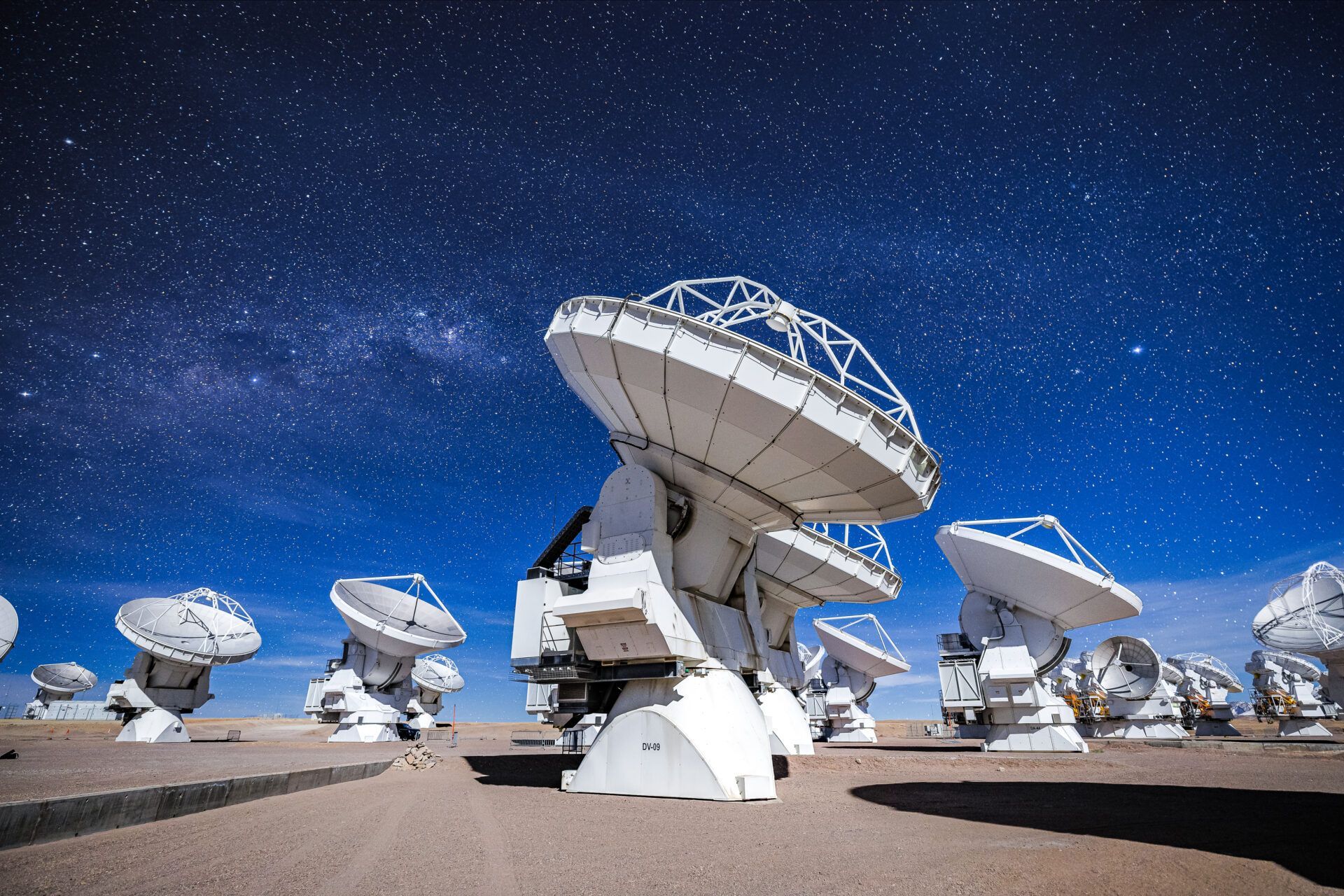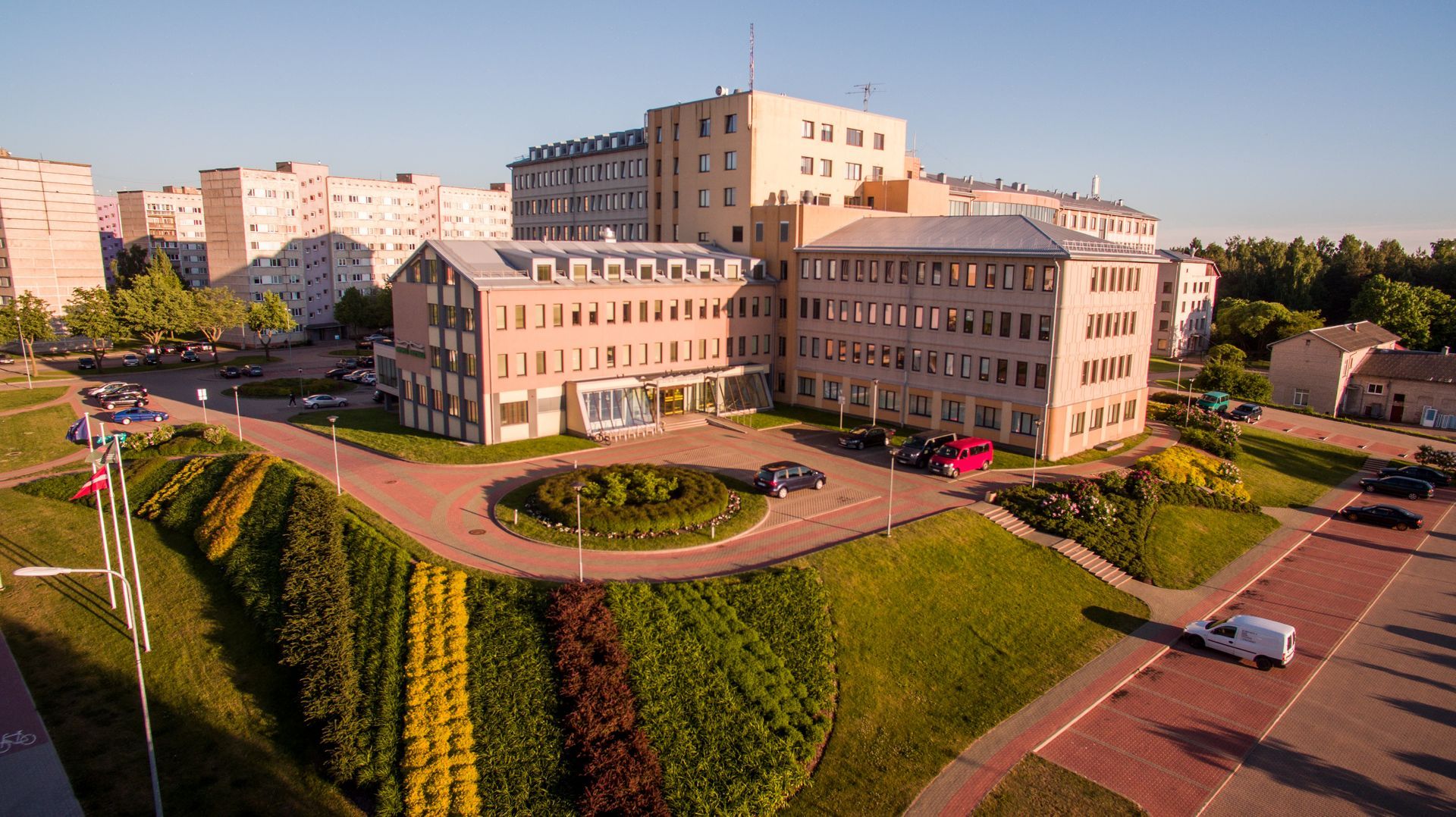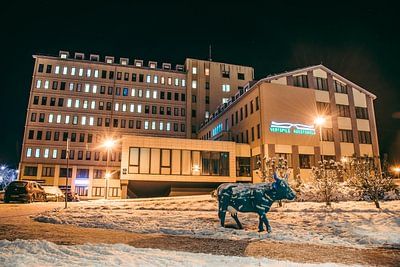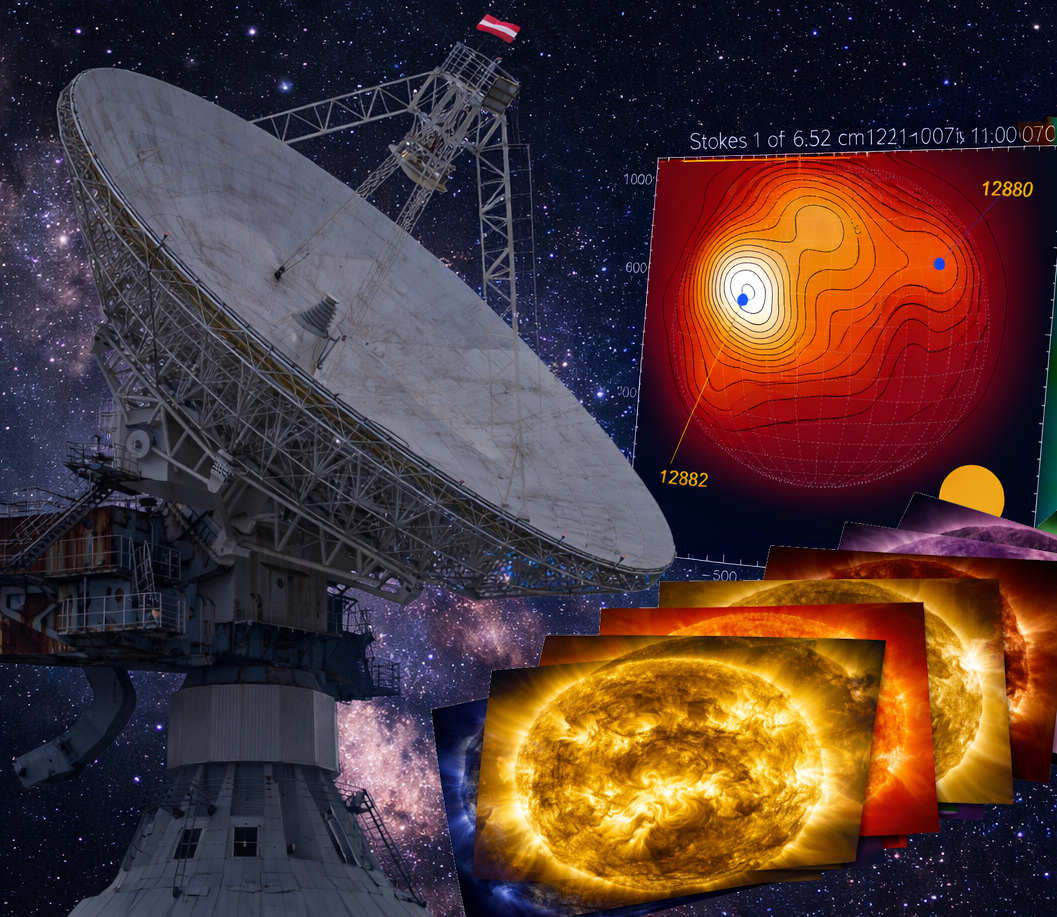VIRAC has completed implementation of the research project co-financed by the ERDF

In January, Ventspils University of Applied Sciences Engineering Research Institute "Ventspils International Radio Astronomy Centre" (VIRAC) concludes a significant fundamental research project, in the implementation of which 12 VIRAC scientific workers - experienced scientists, doctoral students and students - were involved for three years.
Fundamental research project No. 1.1.1.1/16/A213 "Studies of Physical-Chemical Processes of the Interstellar Environment" was implemented within the Operational Programme ‘Growth and Employment’ Specific Support Objective of the 1.1.1 ‘Increase the Research and Innovative Capacity of Latvian Research Institutions and the Capacity to Attract External Funding by Investing in Human Resources and Infrastructure’ in the Framework of Measure 1.1.1.1 "Practical research".
During the project 12 VIRAC scientists modelled chemical processes in the interstellar environment, studied the outflow of matter from stars of some types (i.e., the asymptotic giant branch) and studied the radio radiation of molecules in space using recently modernized VIRAC radio telescopes. During the implementation of the project, scientists refined and improved the methodology of using radio telescopes and developed new computer programmes for the use of modern computing equipment. The results of the project include 12 scientific publications and 24 reports at various scientific conferences, including high prestige ones.
Unlike many other so-called applied research, this research was fundamentally oriented, meaning that its aim was not directly to create specific technologies or developments for the economy, but to create new knowledge and build the capacity of the research team involved. Fundamental research also increases the prestige of scientific institutions and the state, which, in turn, later provides an opportunity to attract funding for applied research. Another important aspect of fundamental research is that it requires the development of new technologies to carry it out, and the latest can later be used for purely practical purposes. In this case too, the overarching goal of the project was defined in accordance with the Smart Specialisation Strategy of Latvia (RIS3) priority "Information and Communnication Technologies" which was to consolidate and strengthen the VIRAC's ability to conduct scientific research, including applied research, which would already directly benefit the economy. The purely practical benefits of the project include three new computer programmes, as well as the careful improvement and research of the radio telescopes at the disposal of the VIRAC during the project, which will later enable them to be more involved in other projects.
One of the most significant direct achievements of the project is the discovery of two new sources of cosmic radiation, the so-called proposed hydroxyl maser, located in areas where new stars are forming, which can be considered as the first space objects detected by radio telescopes in Latvia. Using the newly discovered radiation source, it was also possible to roughly determine the intensity of the magnetic field in these star-forming regions, which in turn will make it possible to study the processes of new star formation.
The end of the project implementation does not mean the end of the project and especially its impact on the processes in the VIRAC and Latvian science. It is estimated that the so-called post-monitoring period of the project will last for five years during which the results and benefits generated during the implementation of the project, that were started in the project implementation, will be monitored. For example, a number of high-profile international journals are expected to publish scientific results that have been generated during the project, such as those resulting from the processing of the above-mentioned radio interferometry data. At least one doctoral thesis defence will also be based on the results achieved during the project, thus the family of highly qualified Latvian scientists will be supplemented. New research project applications will be prepared and submitted. Radio radiation observations of cosmic molecules started during the project implementation will also continue.
For further information:
Ventspils University of Applied Sciences Engineering Research Institute
Ventspils International Radio Astronomy Centre
e-mail: infovirac@venta.lv
Share on other platforms
Other news







